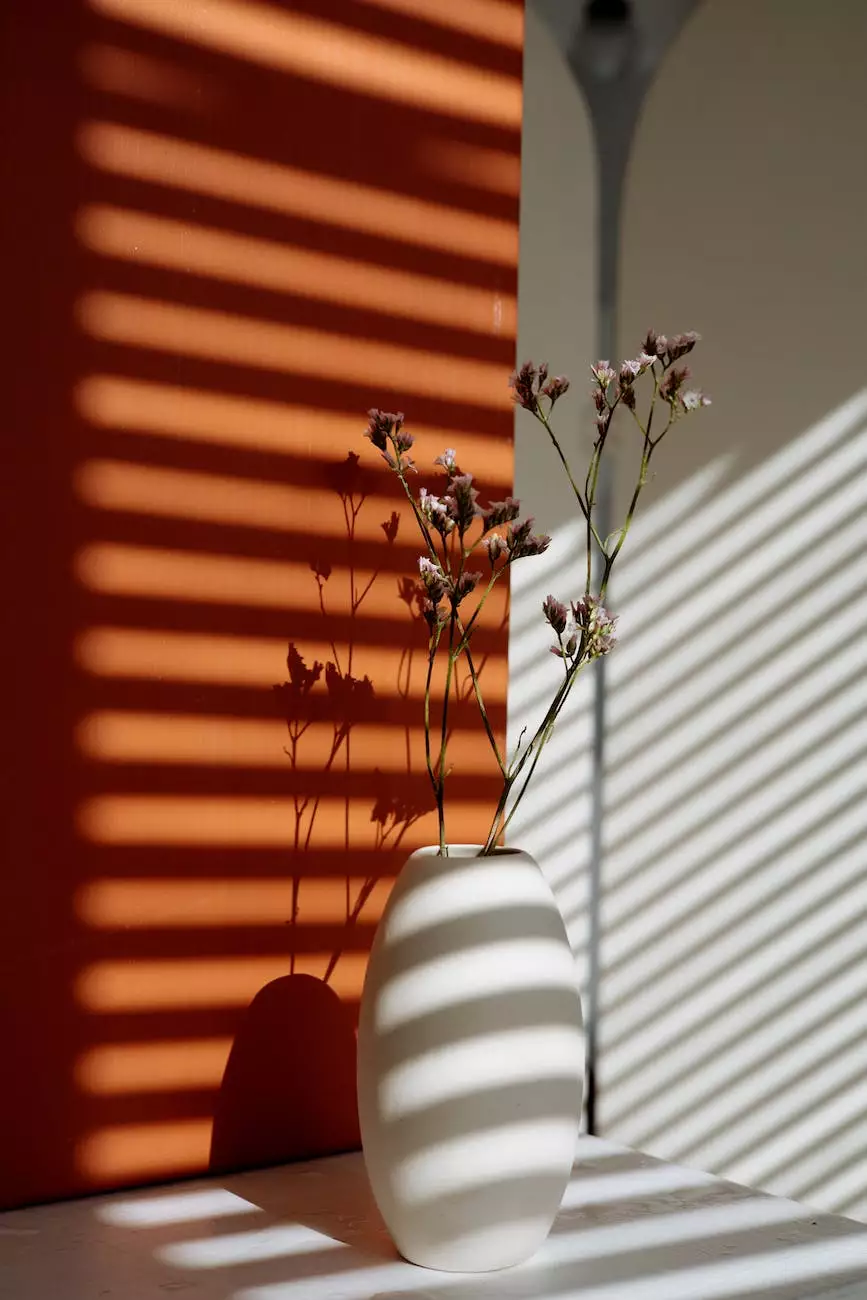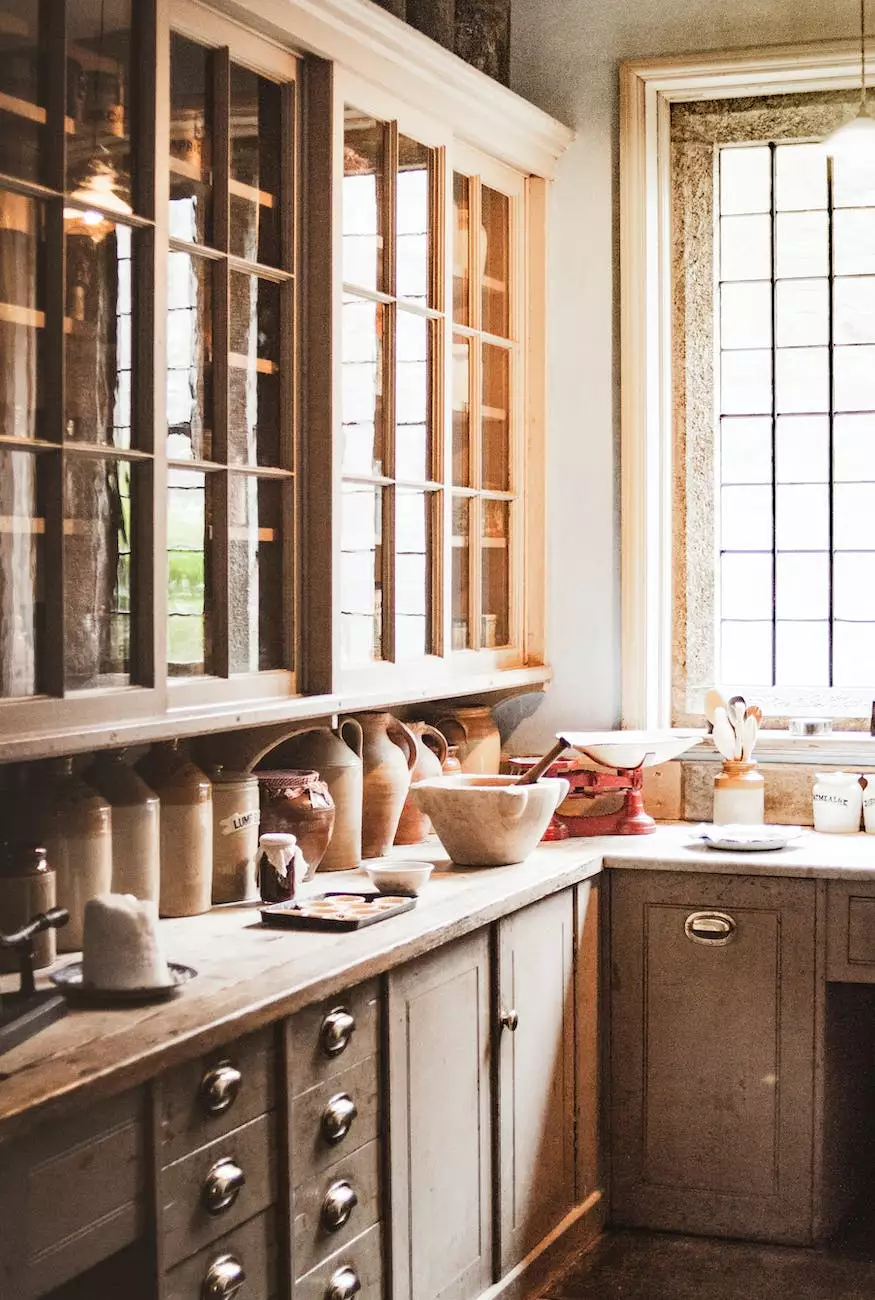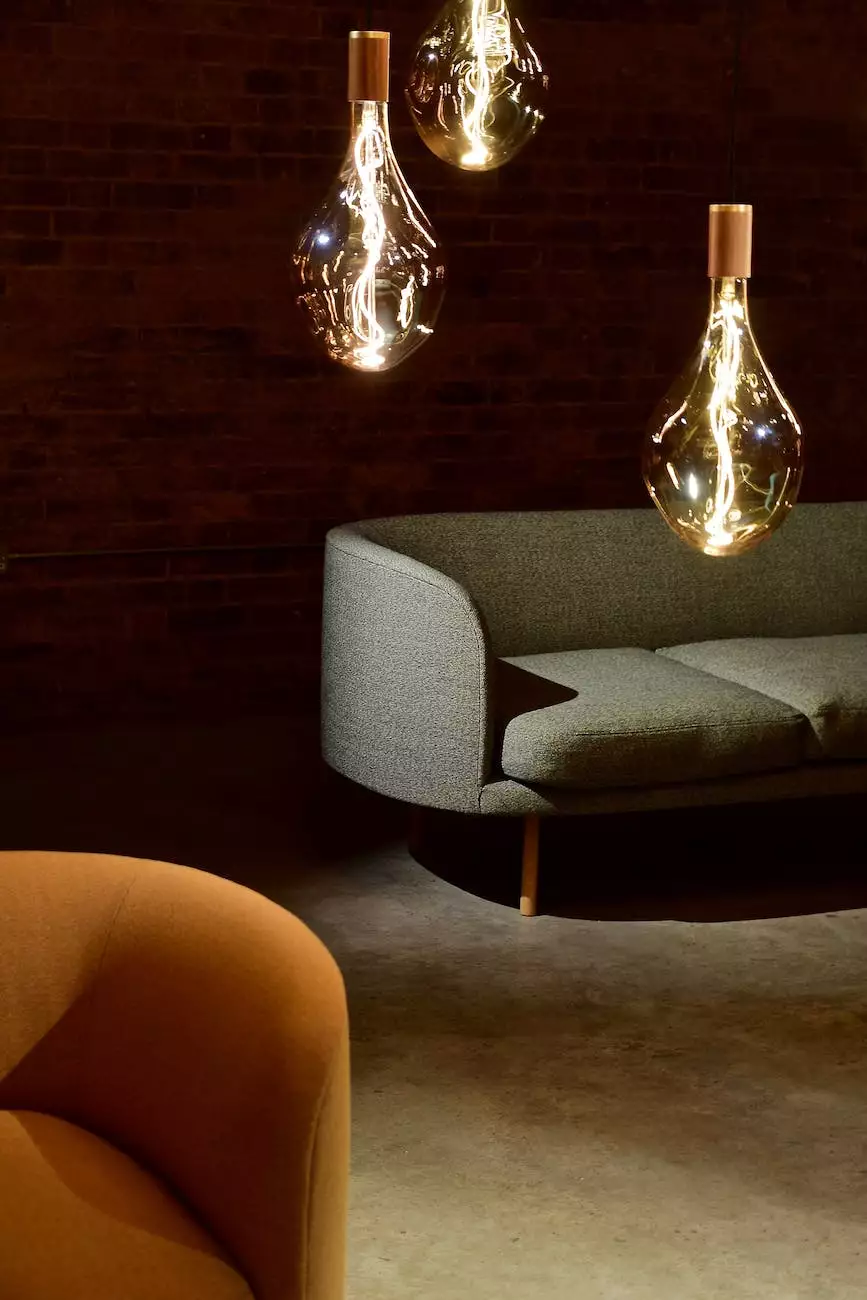Reducing Episodic Stress through Design: Promoting a Path to Wellbeing
Designer Profiles
Welcome to Defined Design, your premier destination for Home and Garden - Interior Design solutions that prioritize your wellbeing. With our expertise in creating harmonious and functional living spaces, we strive to reduce episodic stress and enhance your overall quality of life through thoughtful design elements.
Creating a Stress-Free Sanctuary
In today's fast-paced world, stress has become a prevalent issue impacting our daily lives. At Defined Design, we believe that your home should be a sanctuary - a place where you can escape from the challenges of the outside world and find solace. Our team of experienced interior designers understands that the design of your living spaces plays a crucial role in promoting relaxation and emotional wellbeing.
By carefully considering every aspect of your home, from the layout and furniture selection to the color scheme and lighting, we can help create an environment that fosters tranquility and reduces episodic stress. Our expert designers pay attention to the smallest of details, ensuring that each element contributes to a harmonious and inviting atmosphere.
Embracing Functional Design for Daily Ease
Functionality is at the core of our design philosophy. We believe that a well-designed space should not only be visually pleasing but also practical and efficient. With our expertise in space optimization, we can transform even the most challenging layouts into functional and organized living areas that cater to your unique needs.
By carefully analyzing your lifestyle and daily routines, we develop tailored design solutions that maximize convenience and ease. From optimizing storage solutions to incorporating smart technology, our designs are aimed at simplifying your daily tasks and enhancing your overall productivity.
Color Psychology: Enhancing Mood and Wellbeing
Colors have a profound impact on our mood and emotions. At Defined Design, we harness the power of color psychology to create spaces that promote positive energy and emotional balance. Our designers skillfully select color palettes that reflect your personality and desired ambiance, ensuring a harmonious and soothing environment.
Whether you prefer calming blues, energizing yellows, or nurturing greens, our designers will recommend the perfect color schemes that align with your vision and wellbeing goals. Our focus on color psychology allows us to create spaces that are not only aesthetically pleasing but also contribute to your overall sense of harmony and peace.
Bringing Nature Indoors: Biophilic Design
As humans, we have an inherent connection to nature. Biophilic design seeks to bring the healing and calming elements of nature indoors, creating a harmonious coexistence between the built environment and the natural world. Defined Design specializes in biophilic design, seamlessly incorporating natural elements into your living spaces.
From incorporating indoor plants and natural materials to incorporating ample natural light and outdoor views, our designers ensure that your home becomes a sanctuary that fosters relaxation and rejuvenation. Our biophilic design approach not only beautifies your spaces but also improves air quality and promotes a sense of wellbeing.
Transform Your Living Spaces Today
Don't let episodic stress hinder your wellbeing. Contact Defined Design today to start your journey towards a stress-free and harmonious living environment. Our expert team of interior designers will work closely with you to understand your unique needs and design spaces that promote relaxation and overall wellbeing.
With our blend of functionality, aesthetics, and mindfulness, Defined Design has established itself as a leading Home and Garden - Interior Design firm. Discover the transformative power of design in reducing stress and improving your quality of life. Take the first step today and unlock the potential of your living spaces with Defined Design.










